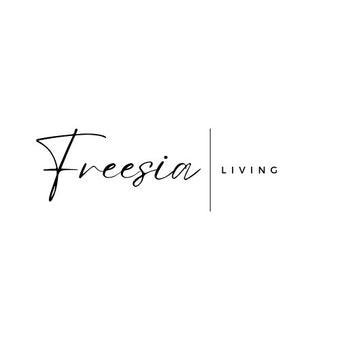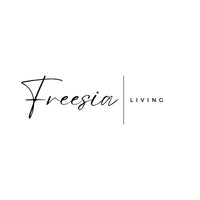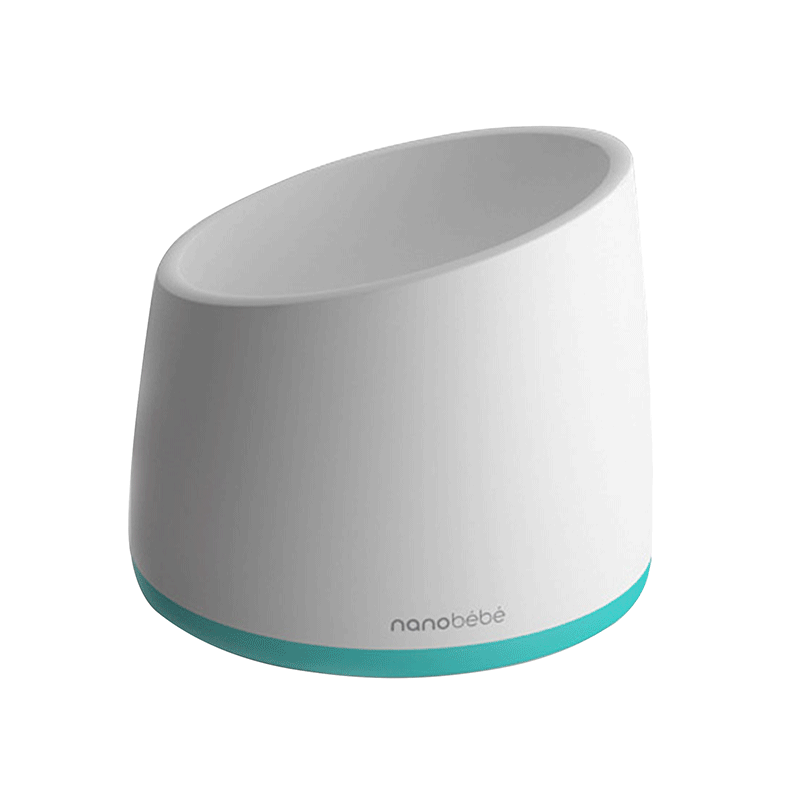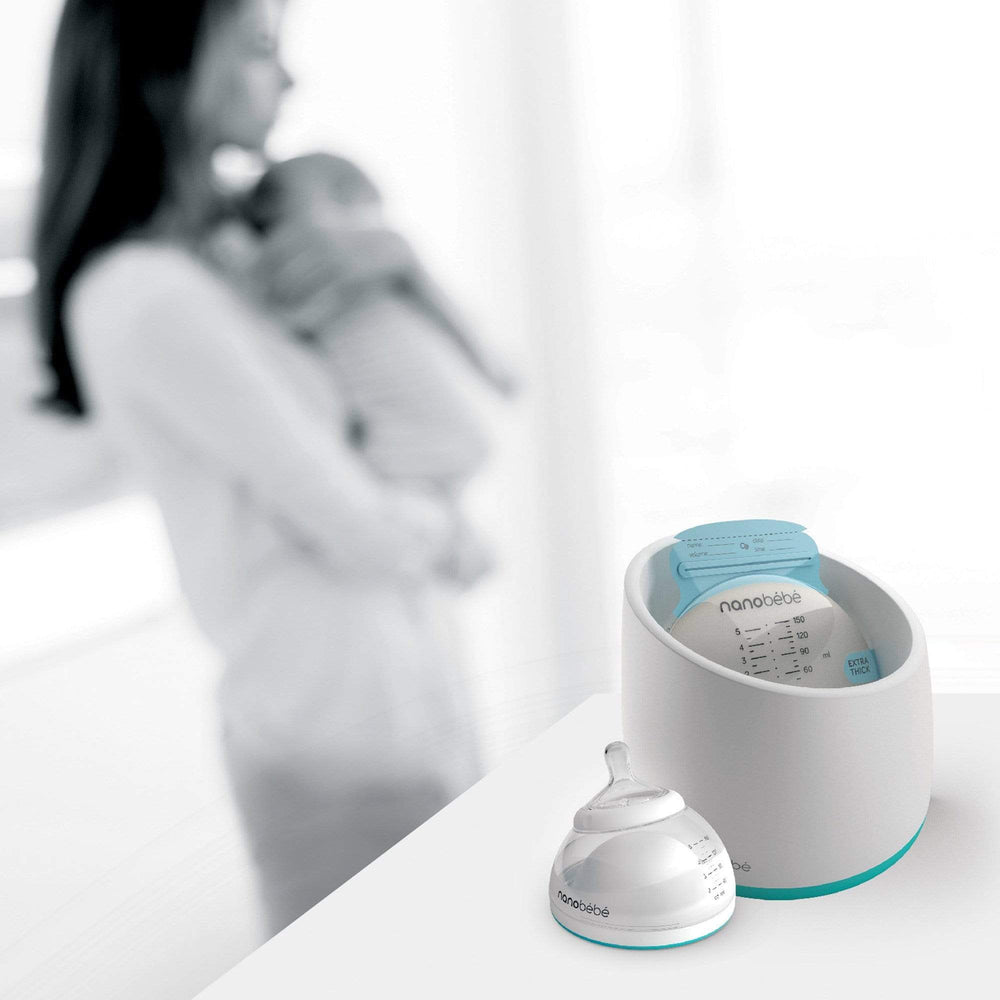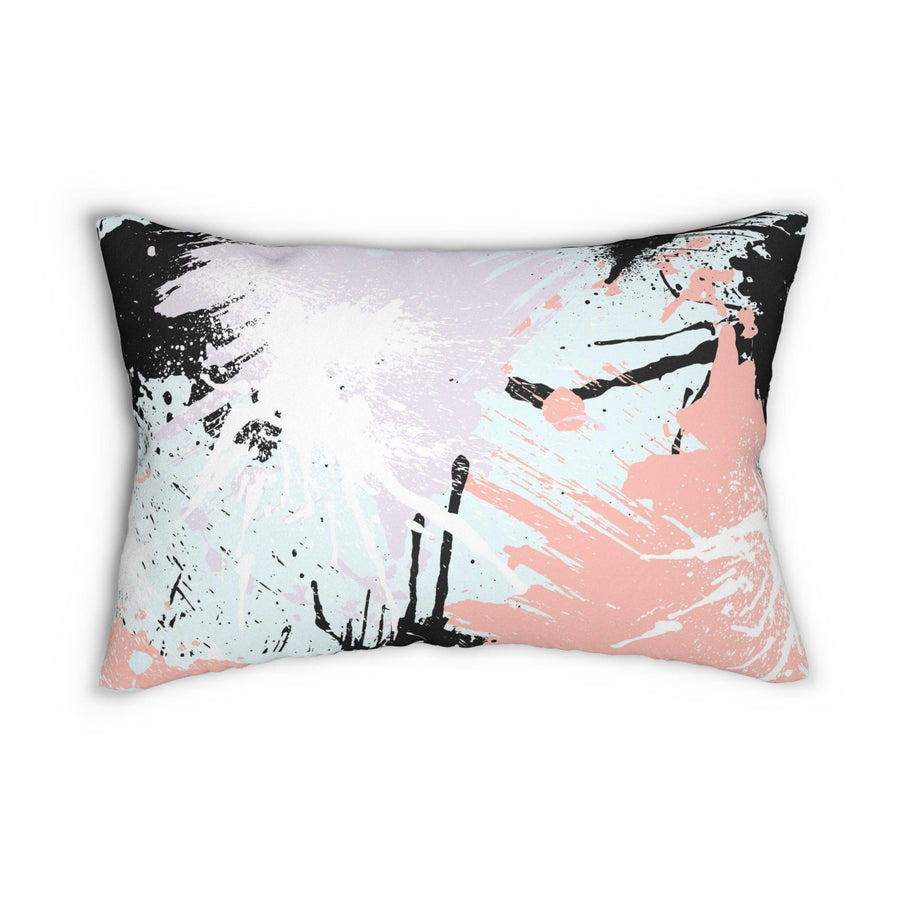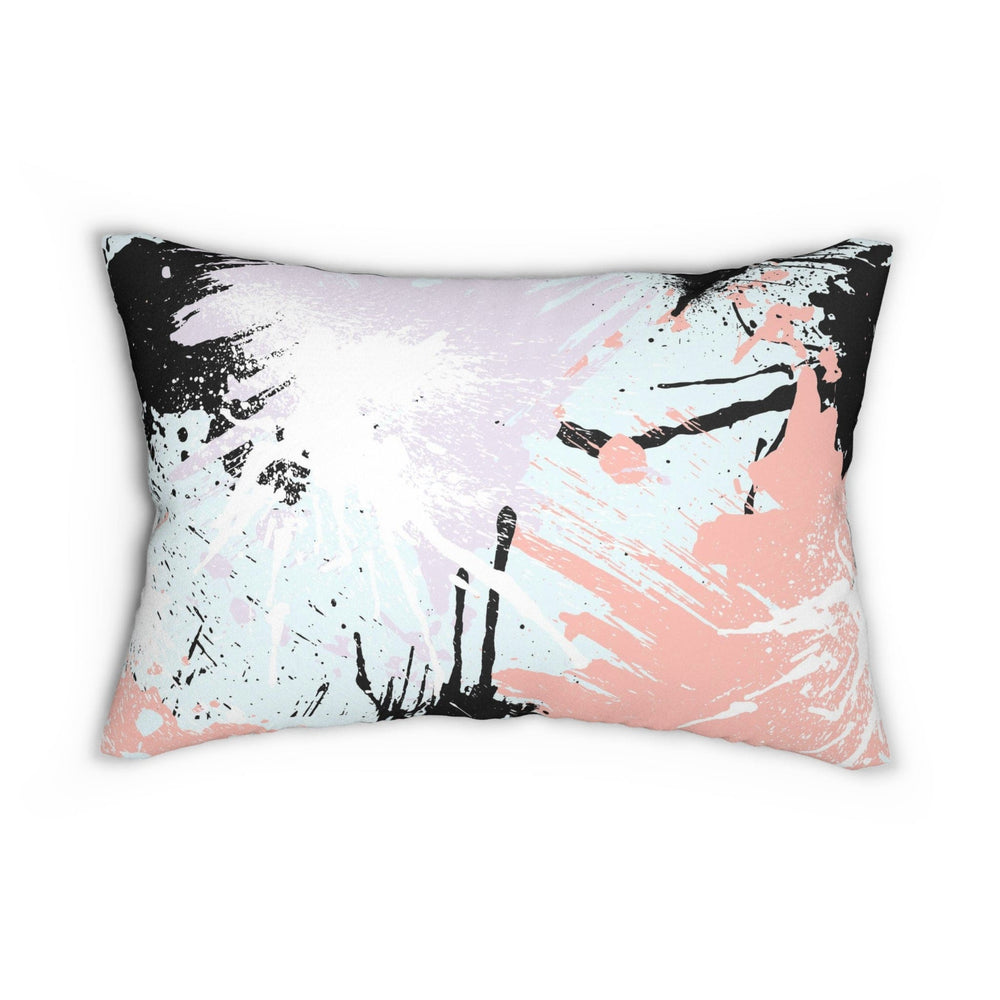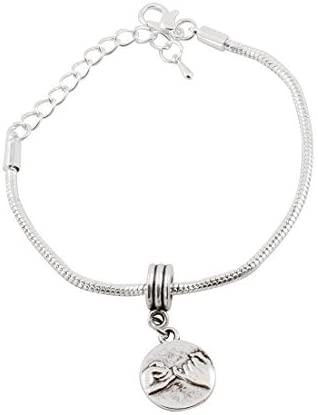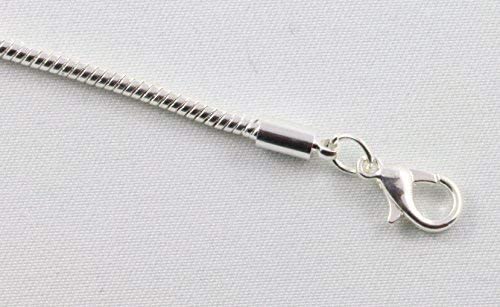
Introducing our Holiday Limited Edition Poinsettia Pop-up Sponge, meticulously crafted to infuse the festive spirit into your home. This eco-friendly sponge is your ideal zero waste alternative for kitchen cleaning, embodying the cheer of the season. Made from 100% vegetable cellulose (wood pulp), it mirrors the texture and functionality of traditional sponges without plastic.
Designed to replace plastic ornaments and make your holiday decorations more sustainable. For easy storage and drying, pair it with our wooden wall hook.
Embrace sustainability and the holiday spirit in one delightful package!
Features
-
durable: safe to use on non-stick cookware, copper and stainless steel, glassware and much more
- non-scratch: natural cellulose sponge creates generous foams and lather, so it is powerful enough to cut through greases and grime. at the same time, our sponge provides gentle agitation that won’t scratch your fine china and glasses
- 100% compostable and biodegradable: these pop-up sponges are made from 100% biodegradable plant-based cellulose that are safe for your home and our planet
- quick-drying: vegetable cellulose fiber is naturally durable and breathable, allowing the sponge to air dry quickly without collecting nasty smells.
- multi-purpose: these Pop-up kitchen sponges will meet your daily needs from washing your dishes and utensils to cleaning your kitchen countertops and sinks
Directions
- soak sponge in water and wait for it to expand
- use as regular normal sponge
- when smelly, boil sponge in water for a few minutes and air dry
Care Tips
- ideally dry completely between uses
- boil in water to kill bacteria
- avoid soaking in water
- place away from high heat or flames
Disposal
- cut in small pieces, then place in the green bin to compost or directly compost in the backyard
- loofah can also be used like coconut fibre in the garden, excellent at water retention, growing seedlings, creating a potting mix, pest resistance, and use as bedding in worm bins
Why Pop-up Sponges?
Why are cellulose sponges better than plastic ones?🧐
- kitchen sponges are exposed to hundreds of different types of bacteria and experts recommend changing them once a week, which is problematic because plastic kitchen sponges take thousands of years to break down. it's recommended to use cellulose sponges which can be sanitized/disinfected in hot water (not recommended for plastic sponges)
- traditional sponges can shed microplastics which can make their way into our water cycle and end up in our rivers, oceans and drinking water
Shipping rates are calculated during checkout.
